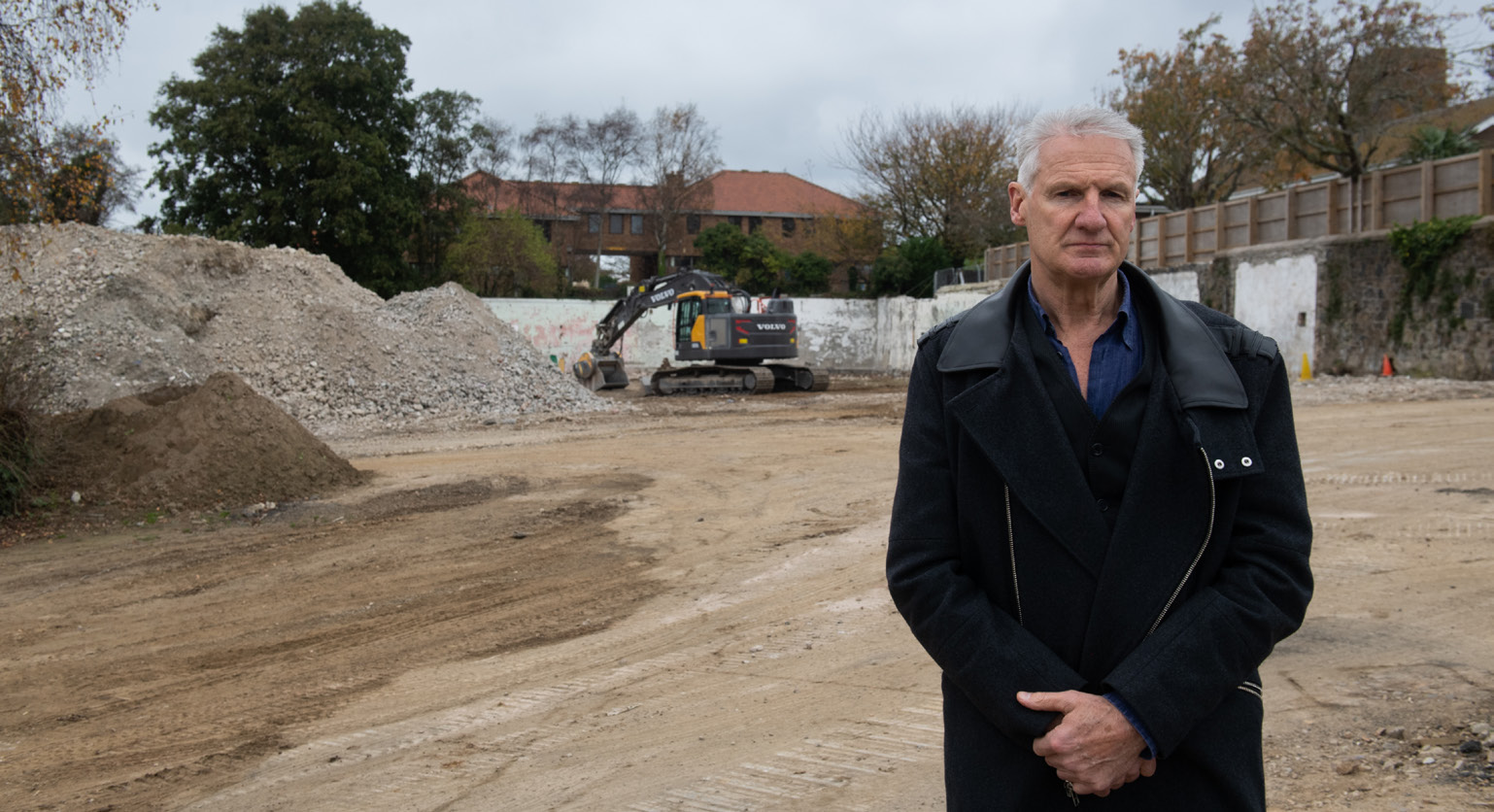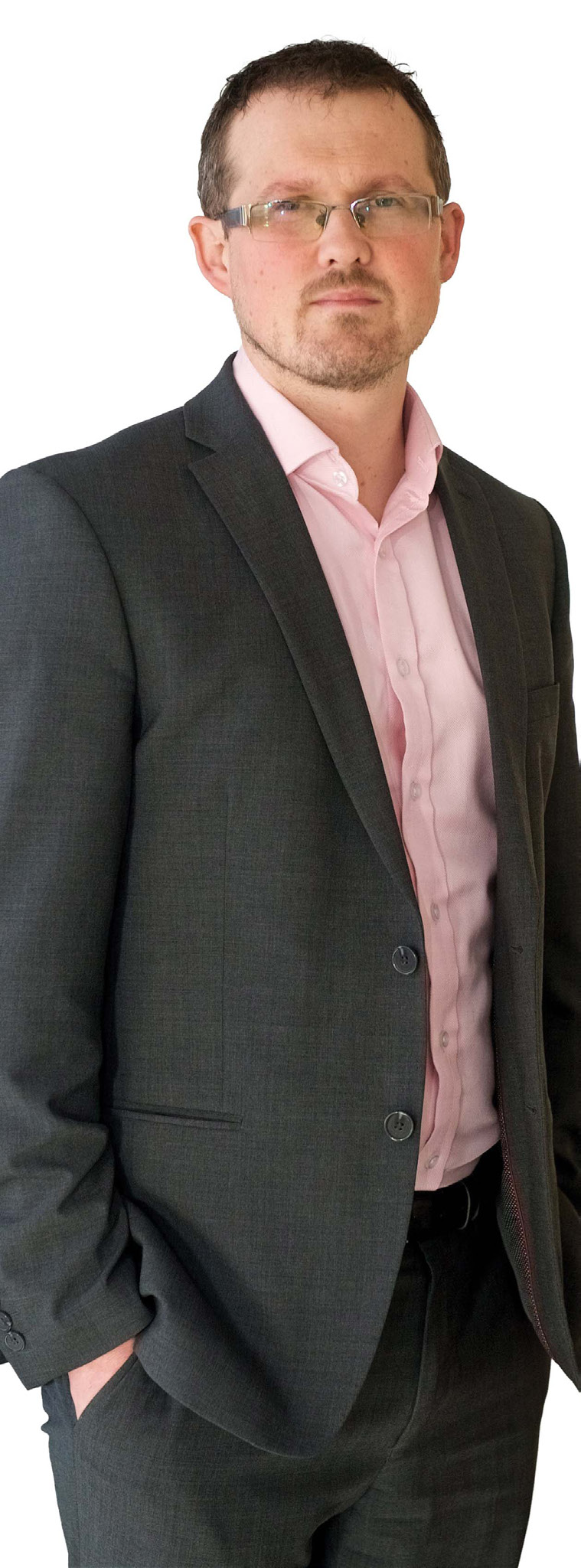FIRSTLY, I’d like to say well done to the editor of this paper for launching this midweek edition, focused on politics and democracy. It may be a small step but hopefully it will be one part of increasing engagement prior to the next election, and Jersey moving from the bottom of the OECD league for civic engagement.
Secondly, there is the ongoing debate about the role and size of the public sector and the scope of regulation. My own recent pieces for the JEP focused on having the right regulation for a burgeoning MedTech sector, and the importance of government collaborating with local expertise rather than trying to run everything themselves.
These issues have again been spotlighted by recent events. A couple of weeks ago the latest government chief executive, Dr Andrew McLaughlin, chose to share his views with both a speech to the Chamber of Commerce and a fulllength interview with ITV. In both, Dr McLaughlin talked of over-regulation, the expansion of the civil service that needs to be slowed, if not reversed, the proliferation of arms-length bodies and the tendency of the government to try to do everything at once and failing to prioritise adequately.
Last week also saw the Public Accounts Committee listen to the chairs of the Institute of Directors, the Jersey Construction Council and the Chamber of Commerce on the – mostly negative – experience of local businesses when it comes to government procurement.
Regular readers will be aware of my own views – that I believe in thepower of business doing good, and that government should be careful not to over-reach, otherwise it risks stifling both community and business activity. I believe in a relatively small government but one that has trust in the community, and vice-versa. I believe in the power of working together to drive innovation and to achieve great things.
To explain further, I return to two of my favourite authors, Cormac Russell and Mariana Mazzucato.
In his writings on asset-basedcommunity development, Russell identifies that, for societies to flourish, a government’s role should be limited to that which citizens or enterprises cannot do for themselves – this might mean providing access to strategic resources, making legislation and appropriately regulating, and only directly providing services where absolutely necessary.
Mazzucato’s writings on “mission driven” approaches build on this, identifying the role of government to also set bold direction (think of the space race to the Moon) and developing the conditions required for individuals, businesses and civil society to work successfully in partnership.
The reality in Jersey, however, was clear from the Public Accounts Committee hearing. Engagement with government via the procurement process is hugely challenging for local businesses, and they don’t feel that the government prioritises working in partnership with them. Through my work with charities, I have experienced similar with the commissioning process for their services.
And for the time being, we continue to see recruitment for highly paid roles in government making it ever more difficult for local businesses to recruit.
We continue to see contracts go to UK suppliers where local businesses could do the work, perhaps in collaboration with each other. We see government extending its remit seemingly without giving a thought as to whether they are best placed to deliver a service or project.
Now it appears clear that the chief executive understands the need for change. Personally I have been banging the drum, via this column and elsewhere, for such change for three years now. And I know local businesses, charities and individuals are crying out for change.
But how do we move forward from here? I certainly agree with Dr McLaughlin that government needs to prioritise, and to slim down over time.
However, we still have many issues that the Island does need to work together to address. And we will only succeed at that when government starts to understand the resources already present in the Island – we have first-class expertise in many areas that for one reason or another doesn’t get listened to currently. I would note that much of that expertise sits in arms-length organisations and Statesowned entities, as well as local businesses and charities, so care needs to be taken not to cut parts off arbitrarily.
Over time, the government surely needs to focus on building trust with the Island community, and to get better at working in flexible and proactive partnerships.
This will mean being humble, and government recognising they don’t always have the right answer.
Finally, one area that I do believe is moving in the right direction is the plan for a Health and Care Partnership Board – the plans that hit the headlines recently will finally bring in external organisations and different views to a decision-making body in Health.
While the Health Minister has been challenged over how connected the new structure will be to government, I believe it’s a great step forward that shows the degree of trust and partnership required.
Perhaps this approach will demonstrate, in time, how to right-size government services while supporting the Island to meet the challenges of the future. It gives me some hope that change is possible.
•Dr Chris Edmond is the founder and medical director of WorkHealth (CI) Ltd, a dedicated Jersey-based occupational health provider. He is also founder and chair of Lifestyle Medicine Jersey, and adviser to the Jersey Community Foundation. He writes in a personal capacity.



